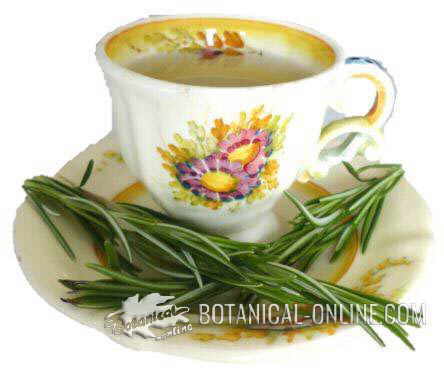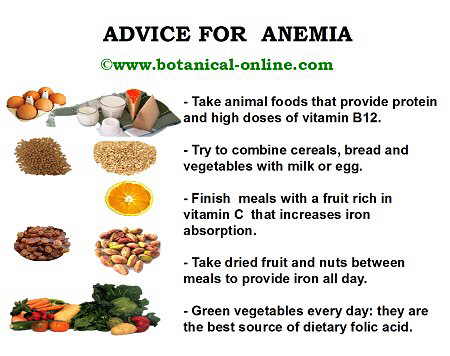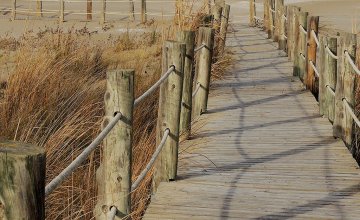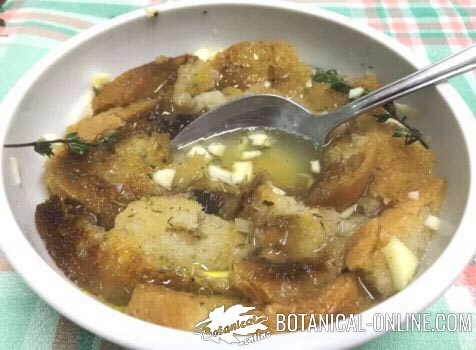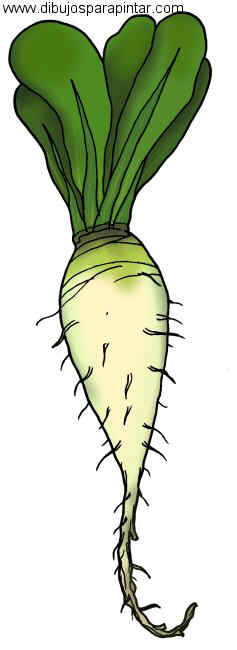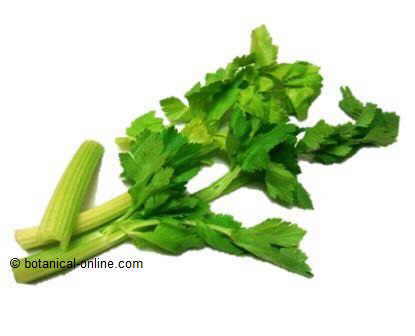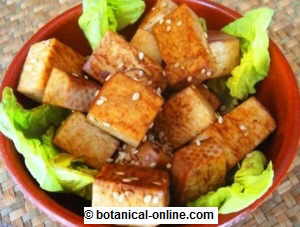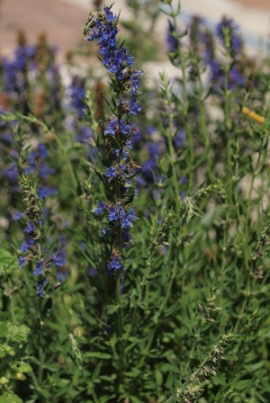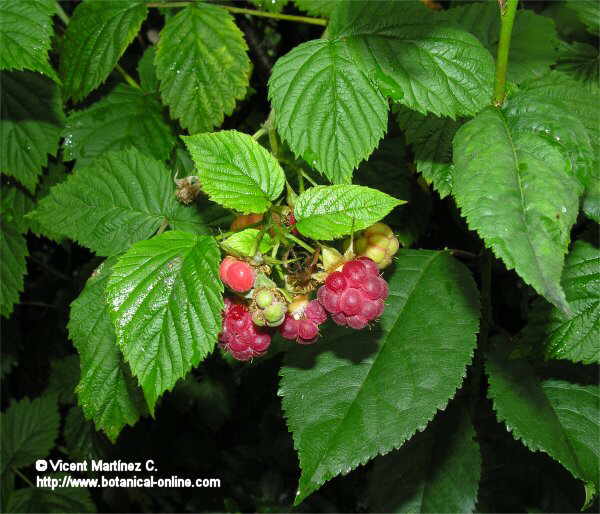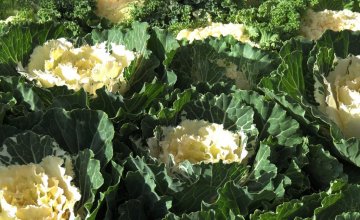Contents
Herbal remedies to treat anemia
REMEDIES FOR ANEMIA
Phytotherapy: Herbal remedies for anemia
Herbal remedies for the treatment of anemia involves using a number of medic¡nal plants that have the function of providing more iron or incentivate its production.
There are many plants that contain iron. Some of them may be taken as food (See “anemia and food” in the listing below).
We are going to mention in this article those plants traditionally used in herbal medicine for the treatment of anemia.
Medicinal plants to prevent or treat anemia
Of all the plants we can use for the treatment of anemia, we will mention the following, ranked in order of importance by the iron content:
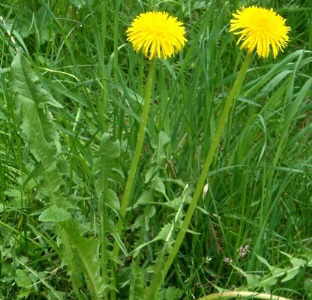
Photo of dandelion a wild plant very rich in iron
- Dandelion: (Taraxacum officinale) Dandelion is a good appetizer to back the urge to feed the sick of anemia. Since, moreover, the plant species that contains in its most amount of iron, is understood as can be used to increase the levels of this mineral into the body. (Infusion of a spoonful of dried plant per cup of water. Drink 3 cups a day)
- Nettle: (Urtica dioica) Their leaves are rich in iron. It can be used as a vegetable for vegetable broths more combined with other vegetables or make tea with a teaspoon of dried plant per cup of water. (Take 3 glasses per day)
- Fenugreek (Trigonella foenum-graecum) fenugreek is a complementary supplement to treat anemic, anorexic and inappetent people. This spice stimulates the digestive process and it is used as an overall body strengthener.
Besides, its nutritional richness in protein, carbohydrates and fats, stimulates digestion (increases digestive secretions of the pancreas).
Oriental women use this remedy to round their figure.
Photo of rosemary infusion
- Rosemary (Rosmarinus officinalis) Rosemary contains much iron that can help to overcome its lack in our bodies in cases of anemia. (Infusion of a spoonful of dried plant per cup of water. A couple of cups a day)
- Gentian (Gentiana lutea) Juniper gentian spirit is good to combat anemia. (See recipe)
- Watercress: (Nasturtium officinale) This plant is very rich in iron and can be eaten in salads or drink its juice. (Crush the leaves of watercress and drink about 100 g per day)
- Dong Quai (Angelica sinensis)

Photo of rosemary infusion
- Fennel (Foeniculum vulgare) (Infusion of a spoonful of dried plant per cup of water. A couple of cups a day) (maceration of about 150 gr. of dried seeds in a liter of white wine for ten days. Drink a glass before eating)
- Chicory (Cichorium intybus) (Infusion of a spoonful of dried plant per cup of water. A couple of cups a day)
- Iceland moss (Cetraria islandica) (Decoction of 10 gr. of dried plant per liter of water. Boil until half of liquid. Take several tablespoons a day)
- Verbena (Verbena officinalis) (maceration of 100 g of root in a liter of red wine for a whole day. Drain well and take a couple of drinks a day)
Is tea suitable for anemia?
Although tea, especially green tea, is one of the plants with highest content in iron, the presence of tannins, which blocks the absorption of iron, makes this plant rather detrimental for the anemia patients.
Other plants not suitable because of their tannin content are, for example: coffee, thyme, bearberry, sage, lentisc, purple loosestrife, penny royal or the dog rose.
* Go on reading:
- Types of iron for anemia
- Food rich in iron for anemia
- Bad food for anemia
- Is it enough to eat iron-rich food to avoid anemia?
- Tea and coffee for anemia
- Beet for anemia
![]() More information on anemia.
More information on anemia.

